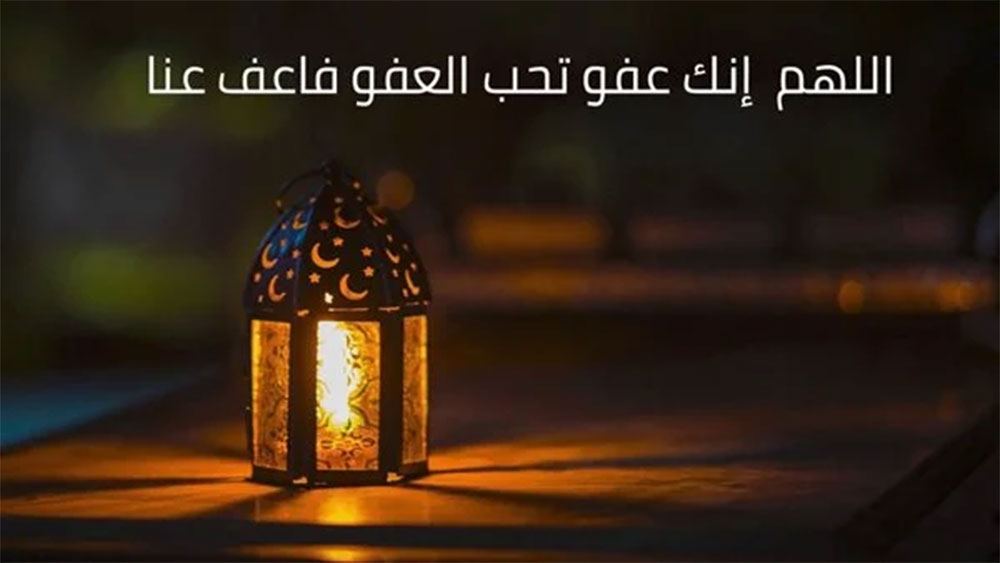Introduction
Ramadan has three parts, called Ashras, each lasting ten days. The last Ashra is the most important and is called Ashra-e-Nijat (Days of Salvation). In these final ten days, Muslims pray more, ask for forgiveness, and seek Allah’s mercy. This article shares the Teesray Ashray ki Dua, its meaning, and how to benefit from these special days.
Importance of the Last Ashra of Ramadan
The last ten days of Ramadan are very special because they include Laylatul Qadr (the Night of Power). The Quran says this night is better than a thousand months (Quran 97:3). It is a time to ask Allah for forgiveness and protection from Hellfire.
Prophet Muhammad (PBUH) advised Muslims to pray more, remember Allah, and give charity during these days. He also used to spend these nights in I’tikaf (staying in the mosque for worship).
Teesray Ashray Ki Dua
Dua in Arabic:
اللَّهُمَّ أَجِرْنَا مِنَ النَّارِ
Dua in Urdu:
اے اللہ! ہمیں دوزخ کی آگ سے بچا لے۔
Dua in English:
O Allah! Save us from the fire of Hell.
This dua asks Allah to protect us from Hellfire, which is the main goal of the last Ashra.
Additional Duas for the Last Ashra
Other important duas for these days include:
- Dua for Laylatul Qadr:
اللَّهُمَّ إِنَّكَ عَفُوٌّ كَرِيمٌ تُحِبُّ الْعَفْوَ فَاعْفُ عَنِّي
(O Allah, You are Forgiving and love forgiveness, so forgive me.) - Dua for Allah’s mercy and blessings.
- Duas for seeking forgiveness from the Quran and Hadith.
Worship During the Last Ashra
To make the most of these days, Muslims should:
- Pray Tahajjud (late-night prayer).
- Read more Quran.
- Say Dhikr (remembrance of Allah) often.
- Give charity (Sadaqah and Zakat).
- Spend time in I’tikaf, if possible.
Hadith and Meaning of the Dua
The Prophet Muhammad (PBUH) said:
“Whoever prays on the Night of Qadr with faith and hope for reward, their past sins will be forgiven.” (Bukhari & Muslim)
Islamic scholars say that Teesray Ashray ki Dua is about repentance and asking for Allah’s protection. The companions of the Prophet (Sahabah) would spend these nights in deep worship.
FAQs (Frequently Asked Questions)
Q1. What is Teesray Ashray ki Dua?
Ans: It is a special prayer for the last ten days of Ramadan, asking Allah for forgiveness and protection from Hellfire.
Q2. Why are the last ten days of Ramadan important?
Ans: These days include Laylatul Qadr, a night when Allah forgives sins and grants blessings to those who sincerely pray.
Q3. When should I say Teesray Ashray ki Dua?
Ans: Anytime, but it is especially powerful during prayers in the last ten days of Ramadan.
Q4. How can I make the most of the last Ashra?
Ans: Pray more, read the Quran, remember Allah, give charity, and stay in I’tikaf if possible.
Q5. What is the best dua for Laylatul Qadr?
Ans: The best dua is “اللَّهُمَّ إِنَّكَ عَفُوٌّ كَرِيمٌ تُحِبُّ الْعَفْوَ فَاعْفُ عَنِّي” (O Allah, You are Forgiving and love forgiveness, so forgive me).
